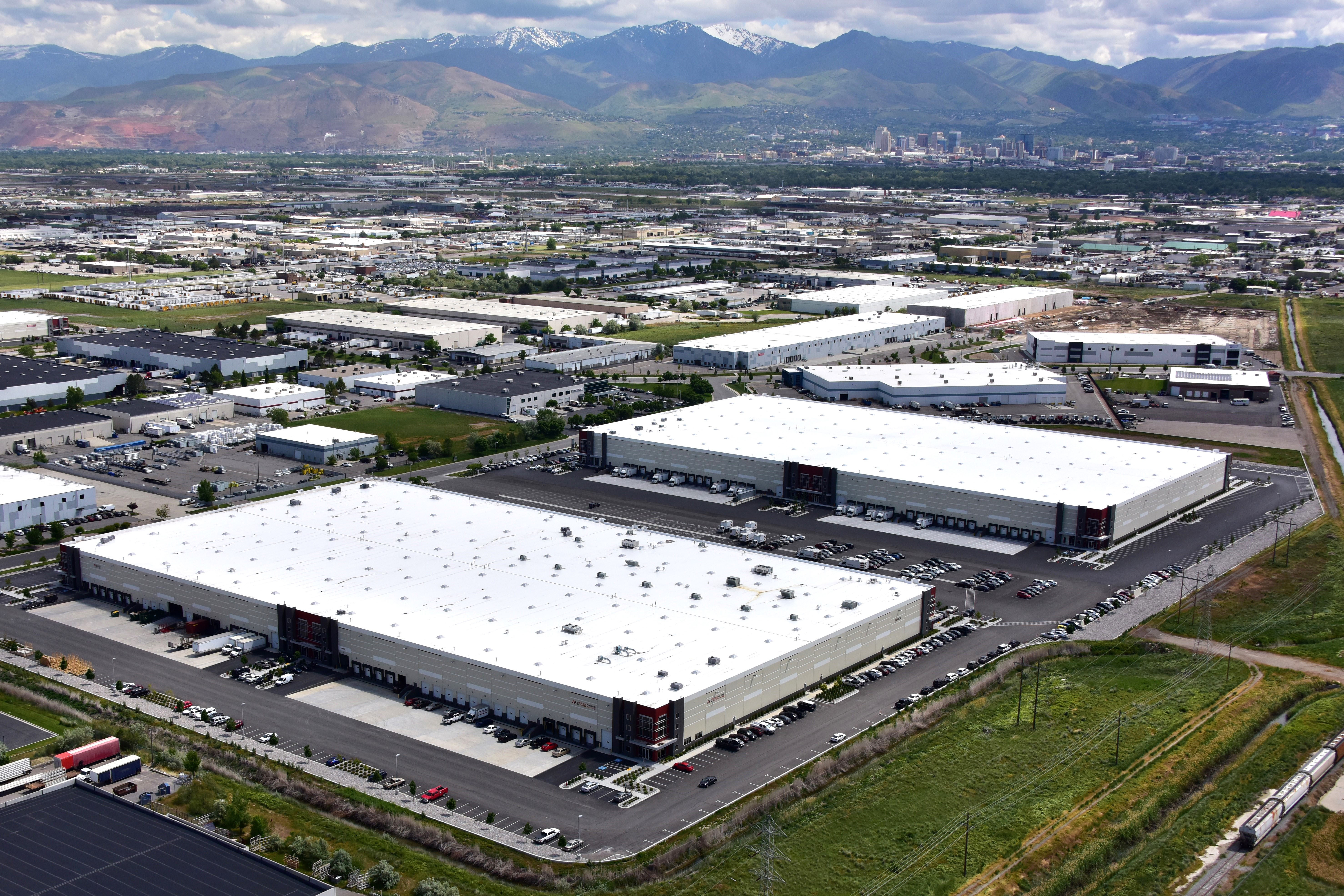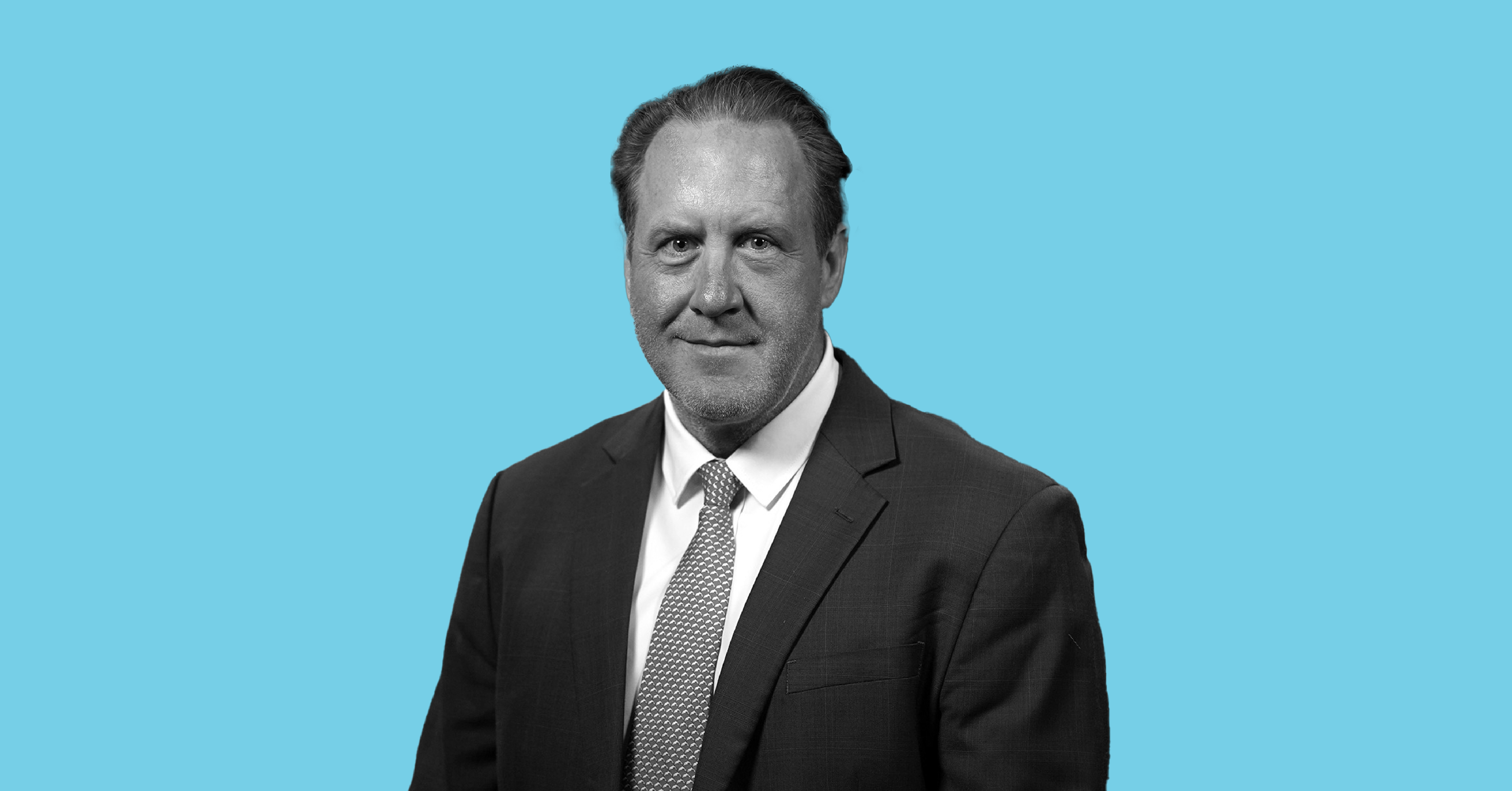A Conversation with Nubia Peña, Utah Division of Multicultural Affairs - Part I

March 26, 2021
Nubia Peña was appointed as the Director of the Utah Division of Multicultural Affairs in June 2019 and was recently named Senior Advisor of Equity and Opportunity for Governor Cox’s administration. Prior to this role, she served as a Utah Juvenile Defender Attorney, and has been with the Utah Coalition Against Sexual Assault as the Training Specialist since 2007. In addition, Peña is a national consultant dedicated to bringing awareness to intersections of trauma and the School-to-Prison Pipeline, an epidemic that targets our most vulnerable youth by streamlining them into the juvenile justice system. She also serves as adjunct faculty at the University of Utah’s S.J. Quinney College of Law.
Peña received her law degree from the University of Utah S.J. Quinney College of Law. While there, she was one of 25 law students in the nation recognized by the National Jurist publication for social activism.
We recently marked a year of the COVID-19 pandemic and we caught up with her to find out more about efforts to support multicultural communities during the public health crisis and beyond.
Please tell us about the state division and its mission
The Utah Division of Multicultural Affairs is part of the Department of Heritage and Arts. Our mission is to create an inclusive climate in the state and one of our priorities is to elevate the needs of our most vulnerable and systematically marginalized communities to state leaders. We also seek to collaborate with cross sector partners to eliminate service gaps and work to create welcoming environments that are equipped to engage with our quickly diversifying population.
So much has changed in the past year from when I first joined MCA. When I was hired, our team spent time intentionally asking ourselves, “Who are we and how can we better serve our constituents?” We recognized we had to pivot in how we engaged our communities and so we cast vision and identified division priorities to guide our work. We established three foundational pillars: Youth and Civic Leadership, Community Engagement, and Training and Professional Development.
Our goal for Youth and Civic Leadership is to make sure we’re building and expanding the ecosystem of talent among our diverse youth. By strengthening our youth program, we hope to create inspiring spaces and educational opportunities for emerging leaders, so that they see themselves represented in positions of influence in higher education and professional endeavors. This is particularly important if they have not been exposed to that representation in the past.
In terms of Community Engagement, we want to make sure we are elevating awareness and partnering with non-profits and community organizations that are supporting ethnically and racially diverse communities. Collaborating with frontline service providers and those working closely with families in our communities is critically important to ensure we help address the gaps they see daily, especially if we can dismantle systemic barriers. In addition, we hope to celebrate the resilient nature of our partners, the families they serve, and the service they provide in Utah.
Our third pillar includes developing Training and Professional Development opportunities that build the capacity of professionals who work in state agencies and local organizations to engage with diverse populations. We hope to create a unique program that goes beyond theory and starts to engage the heart posture of attendees. This initiative is about improving customer service, influencing practices, inviting greater community, and advocating for inclusive and responsive environments that seek to equitably serve all who call Utah home.
How did your division mission evolve when the pandemic struck?
We knew very early on, when Governor Herbert declared a state of emergency on March 6, 2020, that communities that were systematically marginalized and historically disadvantaged would be uniquely affected. We wanted to understand how, so we conducted a survey for community organizations that work directly on the frontlines. This helped establish a baseline of the needs that existed, as well as the unique implications that arose due to the pandemic, in order to work toward eliminating those issues in partnership with state leaders.
The survey found that there was increased housing insecurity, food insecurity, and a limited ability to navigate online resources due to the pre-existing and growing digital divide. In addition, the public health information around COVID-19 was initially coming out only in English. For those that did not speak the language, it was difficult to consume and understand how to keep their loved ones safe. There was also increased misinformation, fear of deportation, and rising concerns of domestic abuse and sexual assault.
We collaborated with the two commissions our division oversees, the Multicultural Commission and the Martin Luther King Jr. Human Rights Commission, to produce the COVID-19 Multicultural Needs Report within two weeks of conducting the survey.
The recommendations inspired the formation and appointment of the Multicultural Advisory Committee of Utah’s COVID-19 Response, which is co-chaired by Byron Russell and Zee Min Xiao. This dedicated group of diverse individuals was convened to address the nuances and complicated intersectional and interconnected barriers that families who belong to multilingual and multigenerational households – as well as low income Utahns – were experiencing. Committee members have prioritized racial equity and inclusion, and their strategies work to close service gaps around language access, food and housing insecurity, and equitable distribution of state resources including tests and vaccines.
Describe an impactful moment for you in 2020. How did it shape you?
2020 was deeply impactful and it taught me several valuable lessons. It humbled me, grew me professionally, tested me emotionally, and strengthened me spiritually. 2020 also gave me hope because I get to work every day with people whose heart is to help, heal, empower and serve the families in Utah.
It was also particularly humbling to know that Governor Herbert, and at the time, Lt. Gov Cox, trusted us to oversee the work of the Multicultural Advisory Committee in partnership with cross-sector leaders. I always stress how important our partnerships are, because this work has not been done in isolation and it was only successful because of the amazing people who selflessly serve. Every week, state agency leaders, community health workers, and racial and social justice advocates join the call to collaborate, problem solve and address barriers that are preventing historically underserved families from accessing the resources they need to endure the current circumstances.
In addition, by the summer, conversations about long-existing disparities had expanded to the state of race relations in America, fueled by the tragic deaths of George Floyd, Breonna Taylor and sadly several others. This opened the door to engage state leaders in honest, painful, and healing conversations about racism and systemic oppression so that we could start to move beyond words and commit to real action and systemic change. I am grateful that I could be mentored in this experience by the many leaders who have been doing this work for several decades, and that we are seeing a meaningful shift in the way institutions engage communities disparately impacted by policies. I am incredibly hopeful for what this means for Utah.
What are some unique concerns in multicultural communities of which the rest of the state might not be aware?
As I mentioned, in the beginning of the pandemic, information was predominantly developed only in English. The public health crisis required such a targeted approach to ensure that linguistically diverse families were not left behind. I am incredibly grateful that through this journey, we met and now work closely with phenomenal partners that are actively closing this service gap. In particular, the Utah Department of Health, the National Guard, and the Utah Department of Veteran Affairs stepped up boldly to coordinate a response for translation and language accessibility and have continued to work on creating available content.
Something else people may be unaware of – the stimulus and economic relief effort, including the federal checks that were released, initially did not include people from mixed-status families. Suppose a person in the family was undocumented in the United States but married to a U.S. citizen or had children born here. Under the first wave of the response, these families would not qualify for financial support. This caused a lot of families to be left out of the critically needed relief although they contribute to our economy and pay into the tax system. These families are still navigating the increased need and pressures of life due to loss of income and unemployment.
Another issue that surfaced quickly and has been exacerbated by the pandemic, was blended learning environments. The digital divide brutally impacted families without access to the internet and technology. Children from historically underserved, low income, and rural communities were struggling to engage with their schooling due to lack of connectivity. The loss of educational engagement for many of these children will put them further behind their peers with very little opportunity to ever catch up unless we address the disruption of education and fiercely work to recover.
Tell us about the Racial Equity and Inclusion Grant program.
We received $4 million of CARES Act funding to launch the Racial Equity and Inclusion Grant program, which bolstered the efforts of nonprofits and organizations who are trusted community pillars, working with the communities hit hardest by the pandemic. This grant program made it possible for frontline organizations working with diverse families to provide emergency assistance of food, housing, and access to mental health services. It was the first grant program in the state that prioritized racially and ethnically diverse populations as well as organizations that are led by racially and ethnically diverse people. More than 120 community-based organizations benefited from this program.
We are grateful that our state leaders understood the need for this initiative and were willing to fund this effort. This was the first grant program our division led out on and it was largely due to the partnership and support of the administration at Utah Department of Heritage and Arts and the vision of the Multicultural Advisory Committee. We hope to institutionalize our grant program to continue to help smaller organizations that advance racial equity build up their infrastructure, serve families and help address pre-existing inequities that have been magnified by the pandemic.
Describe a moment when you experienced a silver lining in 2020.
Because of how layered, complicated, and heavy this past year has been, I am consistently looking for silver linings. One of them was that I did not have to navigate this experience as a new director alone. Not only did I have the great privilege of working with an exceptional and irreplaceable team at MCA, I also had unwavering allies such as Jill Love and Kat Potter at the Department of Heritage and Arts, Theresa Foxley and her team at EDCUtah, and Ben Hart at GOED. I was also blessed with incredible mentors from giants in the community like Maria Garciaz, Celina Milner, Emma Houston, and Former Representative Chavez-Houck.
In addition, I had the immense blessing of working closely for the past year with Byron Russell and Ze Min Xiao, co-chairs for the Multicultural Advisory Committee. Every day without fail, we would had a strategy call to consider the gaps the committee could help address. We established an incredible friendship that is rooted in authentic engagement, vulnerability, compassion, and accountability. Similarly, through the committee's efforts, we found new partners and allies across state agencies and community organizations, all of whom have such a deep desire to help families in Utah by responding to them in ways that honor them and maintain their dignity. The silver linings of this past year were the relationships built, cultivated and nurtured in a very dark season.
You can read Part II of this conversation here.






